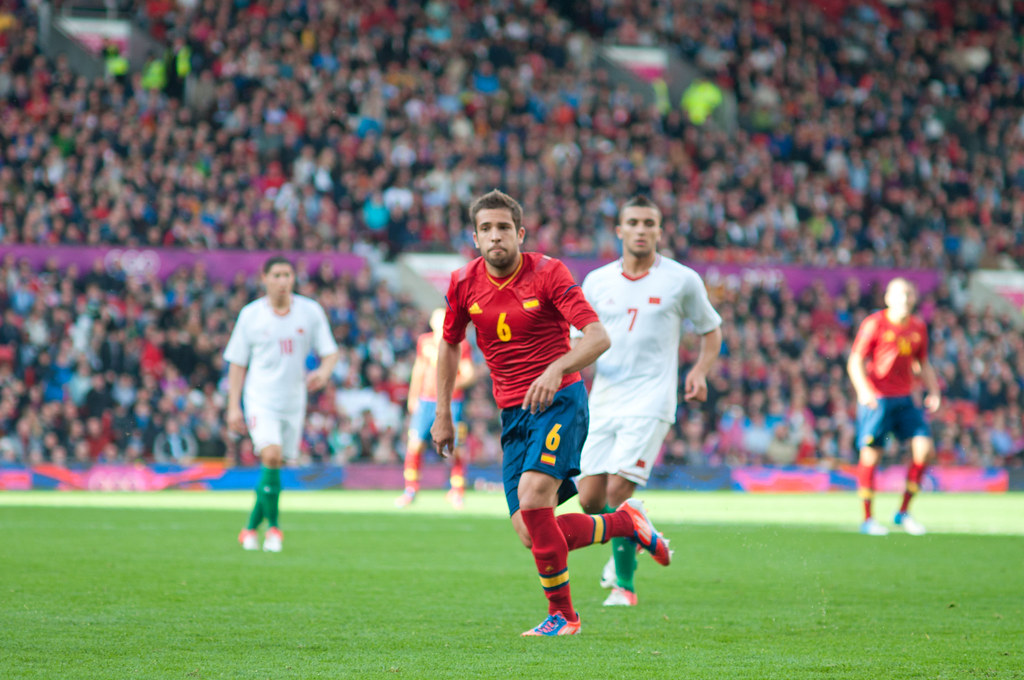In a move that could redefine the gaming landscape, Russia has set its sights on creating its own video game industry, complete with homegrown consoles. This ambitious plan was set in motion during a socio-economic meeting where President Vladimir Putin ordered the government to explore the development of both “stationary and portable game consoles,” as well as an operating system and cloud service for game delivery.
The directive comes at a time when major game manufacturers like Sony, Microsoft, and Nintendo have ceased official sales in Russia due to the country’s military actions in Ukraine. Despite these restrictions, Russian vendors continue to import foreign consoles. However, the Kremlin appears to be seizing the opportunity to foster a domestic gaming industry in the face of Western economic sanctions.
With a deadline of June 15, the government, under the supervision of Prime Minister Mikhail Mishustin, is tasked with studying the proposal. The Russian technology company VK is rumored to be the chosen one to spearhead the initiative. Yet, as reported by the Russian newspaper Kommersant, industry insiders are skeptical, suggesting that Russia lacks the current expertise to produce consoles comparable to PlayStation and Xbox, and that creating such a system from scratch could take a decade.
The challenges are manifold. Not only does console development require access to advanced chips—a supply chain currently disrupted by U.S. sanctions—but it also demands a robust software development ecosystem. Kommersant hints that a more feasible short-term solution might be to source hardware from China to produce a portable console akin to Valve’s Steam Deck.
Russia’s gaming history is rich, with a legacy that includes the iconic puzzle game Tetris and a strong presence in esports. The most notable modern Russian game is Escape from Tarkov, developed by a team in St. Petersburg. Yet, the country’s track record in hardware manufacturing and game development is relatively sparse.
The Russian gaming market is the largest in Europe, with over 65 million players as of 2018, and it has more than doubled in the past five years, reaching over $2 billion in 2019. Russia was also the first country to recognize competitive gaming as a sport back in 2001. The 1980s saw the introduction of personal computers and the emergence of local game development, with the Dendy console—a Famicom clone—becoming a household name in the early ’90s.
This new initiative could be a game-changer for Russia, potentially leading to a unique gaming ecosystem. The question remains: what will the Russian government concoct in the gaming sphere? Will they manage to bypass the current technological and economic hurdles to create a console that can compete on the global stage? As the world watches, Russia embarks on a ten-year mission to carve out its niche in the gaming industry. The journey will be fraught with challenges, but the potential rewards could be significant, not just for Russian gamers but for the global gaming community as well. Only time will tell if Russia can turn this bold vision into a virtual reality.
Related posts:
Putin Wants Russia to Create Its Own Video Game Consoles
Putin Wants Russia to Make Its Own Gaming Consoles
Putin Wants Russia to Create Its Own Video Game Consoles




